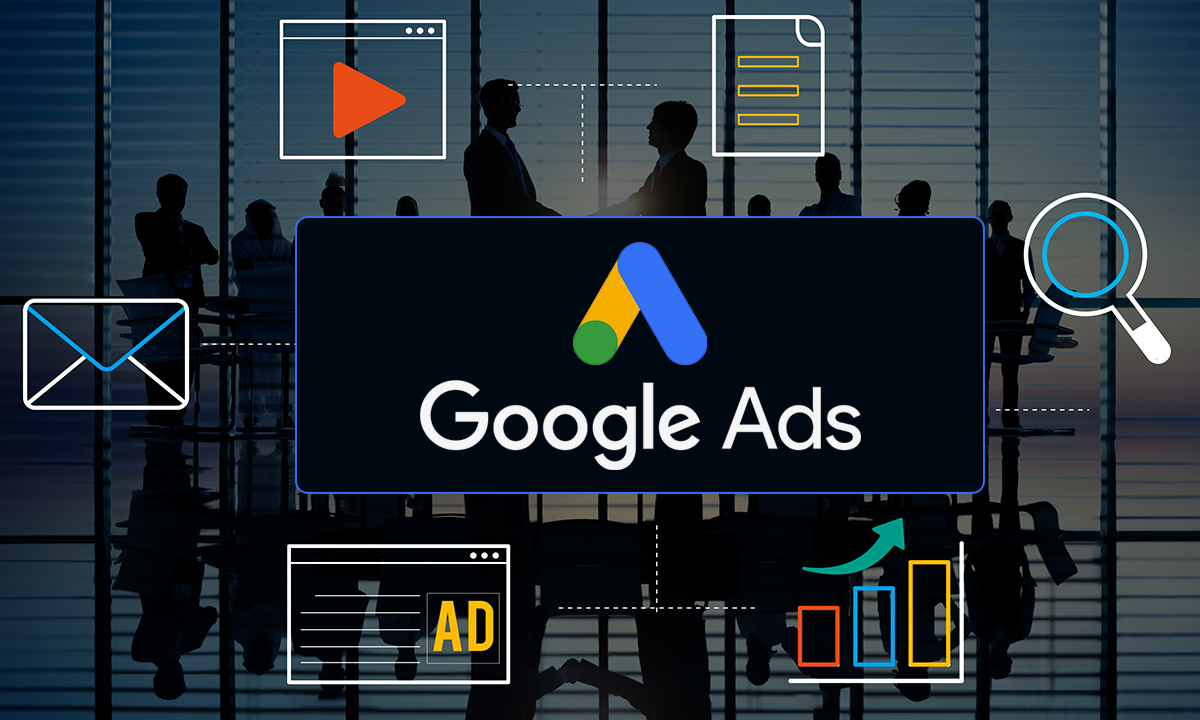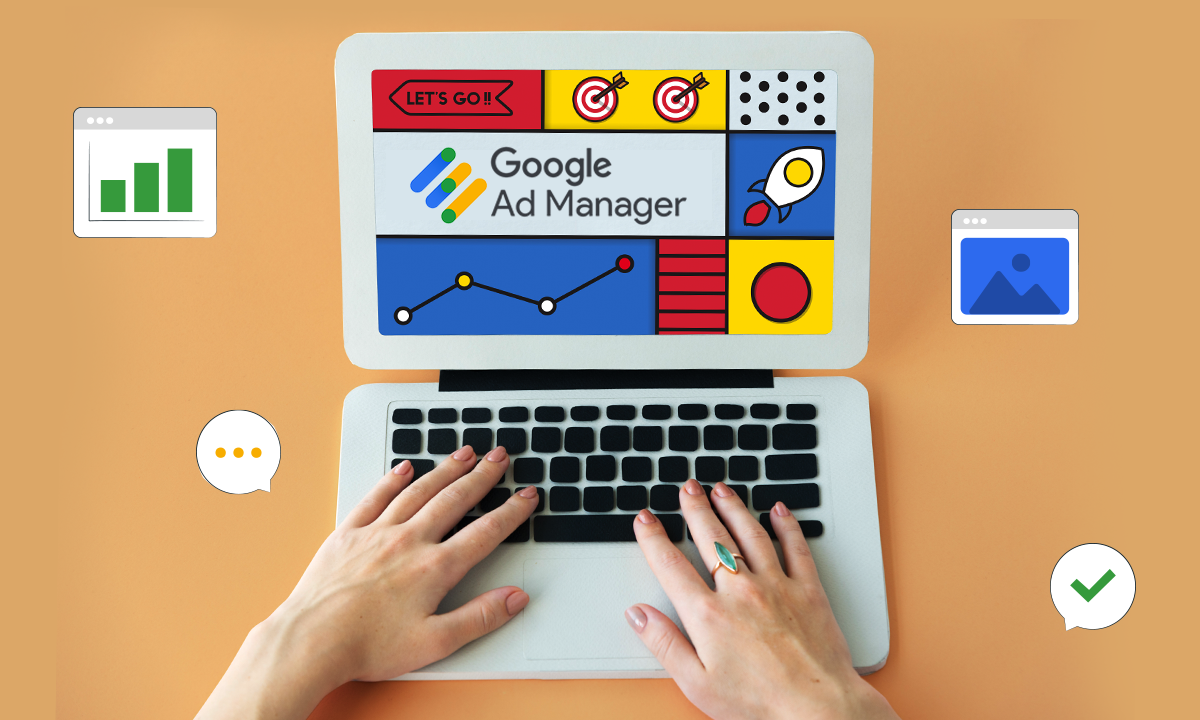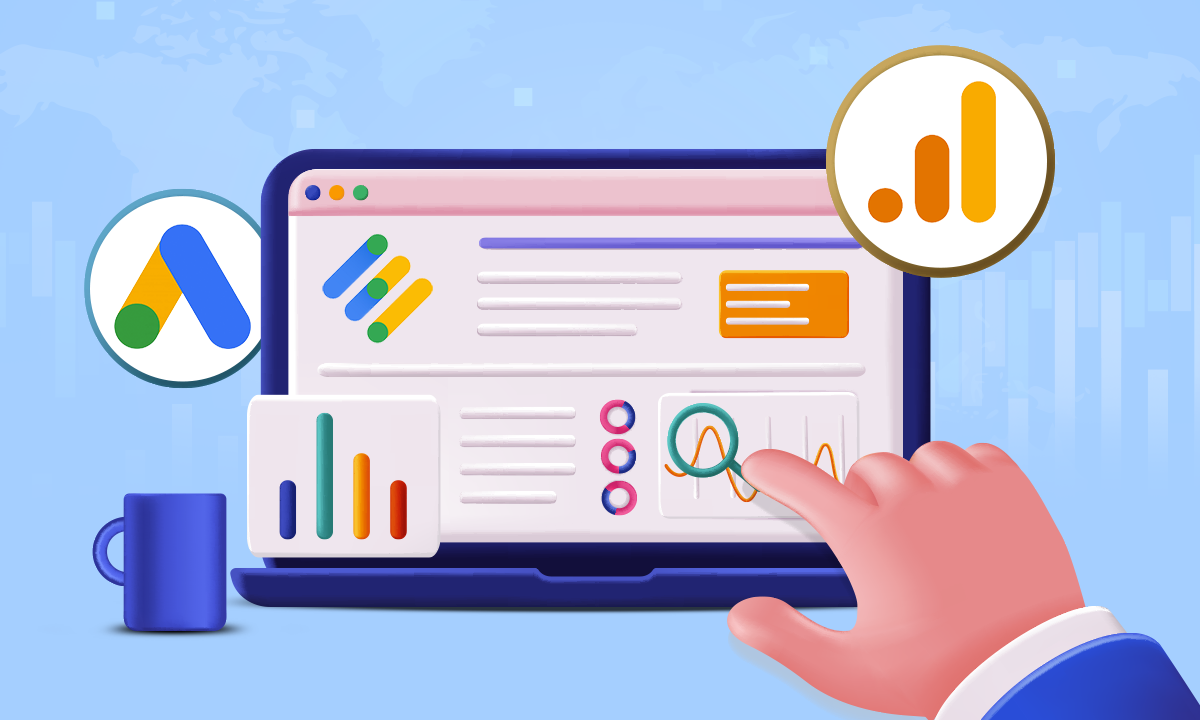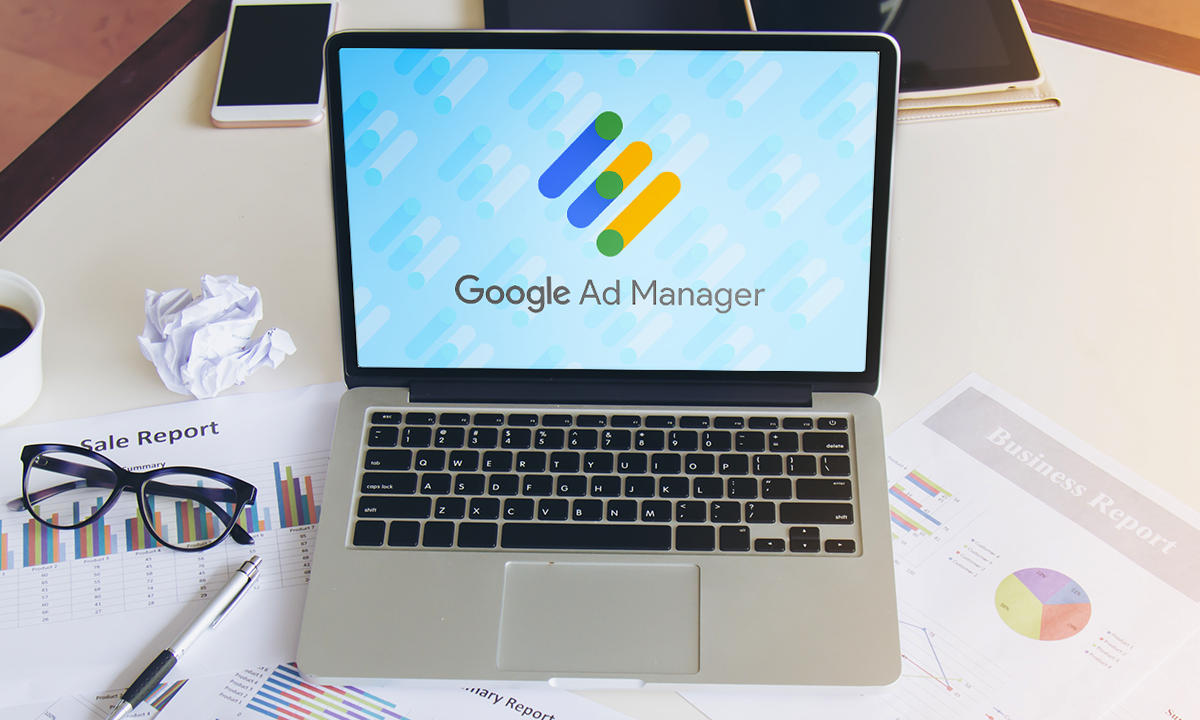Google AdWords and SEO:
How They Work Together to Boost Your Digital Marketing Strategy
Introduction
In the realm of digital marketing, two tools stand out for their ability to significantly enhance your online presence: Google AdWords and Search Engine Optimization (SEO). While each has unique strengths, combining them can maximize your visibility and drive more traffic to your website. Understanding how these tools work, their differences, and how they complement each other is crucial for any business looking to thrive online. This blog will delve into the specifics of Google AdWords and SEO, highlight their differences, explore how they complement each other, and provide actionable insights on how to use them together effectively.
What is Google AdWords?

Google AdWords, now known as Google Ads, is a pay-per-click (PPC) advertising platform that allows businesses to bid on keywords to have their ads appear at the top of search engine results pages (SERPs). Here’s how it works:
Search Ads:

Strategic Campaign Planning
Understanding Business Goals and Market Research
One of the Google Ads Manager's responsibilities is to be aligned with the business goals so the foundations of every ad campaign meet the company's objectives. In addition, they should conduct proper market research to understand the competitor’s strategies and identify the targeted audience's interests, online behavior, and purchase patterns. By doing this, Google Ads Managers ensure that marketing efforts are strategically focused and highly relevant to maximize the effectiveness of ad space.
Developing Effective Campaign Strategies
The Google Ads Manager also creates paid search campaigns that resonate with the target audiences. That’s why understanding the audience is vital: the more the audience is understood, the more effective and efficient the ads campaign will be, boosting engagement rates, improving click-through rates (CTR), and increasing return on investment (ROI).
Keyword Research and Optimization
Identifying High-Performing Keywords
Effective keyword research is an essential task for the Google Ads Manager role. There are different techniques to identify the words that target audiences use to search for products or services. The most used are:
· Analyzing competitors: See what competitors do, analyze their websites, and identify the keywords they’re targeting. Spy tools like Google Keyword Planner, SEMrush, or Ahrefs can help conduct more exact research, compare keywords, and identify opportunities.
· Seed keywords: Seed keywords are foundational terms related to a business. These initial ideas are input into keyword research tools to generate broader lists of related keywords. This helps identify a more extended and precise list of relevant keywords for your business.
· Exploring related searches: Google provides useful tools, such as “autocomplete,” “related searches,” and “people also ask,” to help explore similar keywords and opportunities.
Continuous Keyword Management
Other responsibilities of the Google Ads Manager include monitoring and improving the keyword strategy of the Google Ads campaign to ensure that the campaigns remain effective and optimized. This includes regular analysis, bid adjustments, refining negative words, and running A/B testing.
Ad Creation and Copywriting
Crafting Compelling Ad Copy Strategies
A persuasive copy has a direct impact on the effectiveness of the ads. Part of the Google Ads Manager's role is to write copies that stand out from the competition, capture customers' attention, and communicate value for the user. A compelling copy with an attractive headline, clear benefits, and a direct call to action can immediately capture the audience's attention.
Utilizing Different Ad Formats
A Google Ads Manager can create more dynamic, engaging, and effective campaigns that reach the audience across multiple channels to ensure the brand's messaging resonates with the audience and impacts them at the right time and place. To achieve this, Google Ads campaigns must be created in different formats: text ads, Google Display, video ads, and more.
Daily Campaign Monitoring and Adjustments
Analyzing Performance Metrics
Objectives and structures may vary from one campaign to another, but some key metrics will help any Google Ads Manager evaluate their performance by guiding data-driven decisions for optimizing and improving campaign outcomes. These are:
· Click-Through-Rate (CTR): Percentage of ad clicks per view.
· Cost-Per-Click (CPC): Amount paid for each ad click.
· Return of Ad Spend (ROAS): Revenue earned per dollar spent.
Making Data-Driven Adjustments
For a proper paid search campaign implementation, Google Ads Manager's responsibilities are to optimize the campaigns based on performance and data analysis, update copies or keywords, adjust bids, and improve targeting settings according to market and user behavior changes to ensure that the campaign remains relevant, efficient, and effective.
Essential Tools for Google Ads Management

Leveraging Google Ads and Analytics
A Google Ads Manager will mainly utilize two key tools provided by Google.
· Google Ads: This is where campaigns are created, managed, and optimized. It allows you to set budgets, utilize targeting features, and track key metrics such as:
· CTR
· CPC
· ROAS
· Google Analytics: This tool helps track user behavior, interactions, clicks, and more. It allows a Google Ads Manager to analyze the customer journey easily.
Advanced Tools for Enhanced Performance
Tools like SEMrush and Ahrefs help Google Ads Managers with keyword research. Here are some other tools that can work easier and more effective:
· Optmyzr: Automates and optimizes Google Ads campaigns with features like bid adjustments, keyword management, and performance tracking, saving time and improving ROI.
· Unbounce: Creates high-converting landing pages using customizable templates, enhancing user experience and increasing conversion rates.
· AdEspresso: Simplifies A/B testing by allowing multiple ad variations and providing detailed performance analytics, leading to data-driven decisions and optimized ad campaigns.
Effective Budget ManagImageement

Maximizing ROI with Strategic Budgeting
Defining KPIs and distributing the budget based on performance is also one of the key Google Ads Manager's responsibilities. By constantly monitoring KPIs, the Google Ads Manager can redistribute the budget to use it more efficiently, in order to maximize the ROI.
Dealing with Click Fraud
Protecting Your Campaigns
A Google Ads Manager protects campaigns by identifying and preventing fraudulent clicks or unusual activity on ads. For this, they employ some key strategies to ensure every dollar spent contributes to real business goals.:
· Regular Analysis: Analyze data to identify anomalies and patterns of click fraud to ensure the budget is spent on genuine interactions.
· Use Tools: Google’s built-in click fraud detectors and third-party tools will help to filter out invalid clicks, optimizing ad spend.
· Analyze IPs: Review and block suspicious IPs associated with fraudulent activity, to ensure ad spending targets genuine potential customers.
· Set Limits: Implement a click limit from the same user or device. This will reduce repetitive fraudulent clicks and ensure a wider audience reach.
Managing Competition and Ad Fatigue
Staying Ahead of Competitors
A constant challenge for the Google Ads Manager is to be one step ahead of the competitors to ensure the budget is used effectively to drive better performance and results. Here are some tactics to achieve this:
· Ad Innovation: Create and test new formats, creatives, messaging, and approaches to help identify what resonates best with the target audience, leading to more engagement and conversion.
· Competitor Analysis: Understanding competitor tactics refines strategies to highlight unique selling points and gain a competitive edge.
· Optimization & Monitoring: A Google Ads Manager constantly analyzes metrics and optimizes to ensure that campaigns remain effective and budgets are used efficiently.
Refreshing Ads to Avoid Fatigue
Keeping ads fresh and relevant is crucial for the Google Ads Manager’s role. By doing this, they ensure that the budget is spent on ads more likely to engage and convert, improving campaign performance and budget efficiency.
Avoiding Common Google Ads Mistakes

The Google Ads Manager's role is essential for the success of your paid search campaigns and business growth. But while they can bring great results, they are also exposed to common mistakes that affect performance.
Therefore, it is vital that the Google Ads Manager can quickly identify and solve these mistakes to improve the campaign's performance and use the budget more efficiently.
Want to learn more? Read about the common pitfalls and how to avoid them here.
Frequently Asked Questions

What does a Google Ads Manager do?
A Google Ads Manager is responsible for planning, creating, and managing Google Ads campaigns to drive traffic and conversions. They handle everything from keyword research to performance monitoring.
Why should I hire a Google Ads Manager?
Hiring a Google Ads Manager ensures your campaigns are optimized for the best performance, saving you time and maximizing your ROI.
How can a Google Ads Manager help my business?
A Google Ads Manager can increase your online visibility, attract more targeted traffic, and improve your overall advertising ROI through strategic campaign management.
What skills should a good Google Ads Manager have?
Key skills include expertise in digital marketing, strong analytical abilities, proficiency in Google Ads and related tools, and excellent communication skills.
How much does it cost to hire a Google Ads Manager?
Costs can vary depending on the scope of work, the manager's experience, and the size of your advertising budget. It’s essential to discuss pricing and expectations with potential managers.
How do I measure the success of my Google Ads campaigns?
Success can be measured through KPIs such as click-through rates, conversion rates, ROI, and cost per acquisition. A Google Ads Manager will help you track and analyze these metrics.
Can a Google Ads Manager help me avoid common advertising mistakes?
Yes, a professional Google Ads Manager can help you avoid pitfalls such as poor keyword selection, ineffective ad copy, and improper budget allocation, ensuring your campaigns are efficient and effective.
Final Thoughts: Why You Need a Professional Google Ads Manager

A Google Ads Manager role is indispensable for businesses aiming to stay competitive and achieve their marketing goals. From strategic campaign planning and keyword optimization to crafting compelling ad copy and leveraging advanced tools, a Google Ads Manager ensures every campaign is targeted, efficient, and effective while maximizing ROI.
Partner with a Google Ads expert today and get ready to get the results your business needs.
Learn more here.

